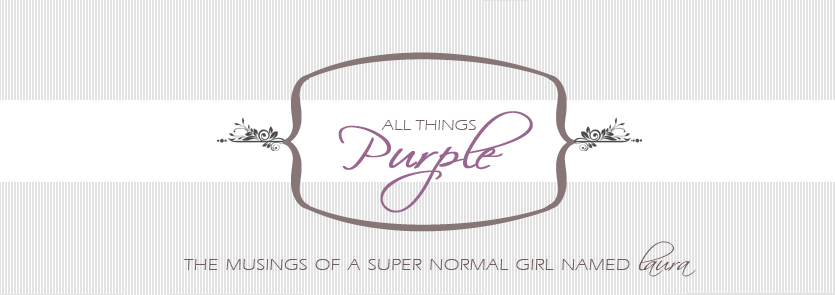I had never thought much about language change except to complain about it. In
fact, prior to dissecting the language I speak, read, and write through the
introduction of linguistics to my coursework, I subscribed quite heavily to the
prescriptivist and current anti-borrowing camps into which many conservative
Americans fall (owing much of my perspective to a diligent grammarian-type
mother).
The
big debate between prescriptivists and descriptivists is about perspective.
When contemplating the idea that language change is language decay, I realized
it is fraught with pessimism when looking at the evolution of the English
language. The American linguist, William Labov, has outlined three factors in
language change: internal, social, and cognitive (How English Works, Curzan 23). These changes are
nothing new. A general study of how much English has changed from the 5th
century to present day would show enormous differences, even so many that we
can hardly comprehend Old English without a deciphering table on hand. These
considerations prove how the concept of concrete grammar rules is futile.
In
the course of my several communications, I have noticed something that is
incongruent with usage rules taught to me by my mother. Throughout my
childhood, we were told I don’t know—can
you? whenever my siblings or I would say Can I..? instead of the considered more polite and well-mannered May I…? when asking for something or
permission. I have perpetuated this tradition with my own children because I,
too, believe that asking May I…?
contributes to good society. But does it, really?
Informal
observations have led me to believe that either expression is appropriate since
intent and tone of voice typically matter a great deal more than actual words,
yet I wanted to explore the issue in more depth. My research has been simple. I
conducted a one-question poll on this blog All Things Purple, of which I am the
author/owner, for two weeks, wrote a blog entry: Your Assistance is Kindly Requested asking the readership to
participate and provide their reasoning, and held casual interviews with a few
close friends regarding their philosophies on the Can I vs. May I topic.
The poll question was: When making a request, would you typically
say Can I ...? or May I ...? Out of 59 participants 44%
said they use Can I…?; only 13% use May I…?; and 42% said they use either
one, depending on the situation or to whom they are talking. The poll was not
as widespread as I would have liked but it does reflect my casual observations.
In the
responses found in the comments section of the blog post, 3 out of 7 people
cited the I don’t know—can you? rule
as being a big factor in their upbringing; therefore, those individuals chose
either the May I…? or depends on situation answers. One
participant (the author of I Was Stupid) explained:
I voted for using either or, depending on situation. I also use 'could I possibly' quite often as well! I think 'Can I' is slightly less forceful... I'm more likely to use when speaking to strangers or people I'm being delicate around. It's far less definite.
This reasoning appears to be quite common
from my observation. In one conversation, I was told that using May I…? sounds archaic. The opinion that teaching children the I don’t know—can you? rule in today’s
society might cause them to be ostracized by peers was also brought up in
another interview. The important concept
of code-switching and manners was then discussed as a vital part of good
society and how the different forms have purpose when speaking with those in
authority as a sign of respect.
I wonder as I
contemplate on these statistics and responses: Am I just perpetuating needless
prescriptivism or am I helping my children to know how to code-switch and
accept language change at the same time?

No comments:
Post a Comment
Tell us your thoughts...